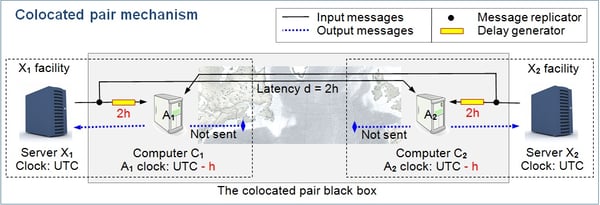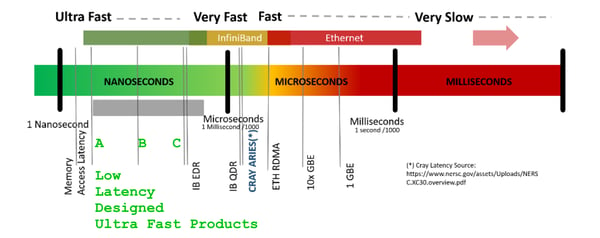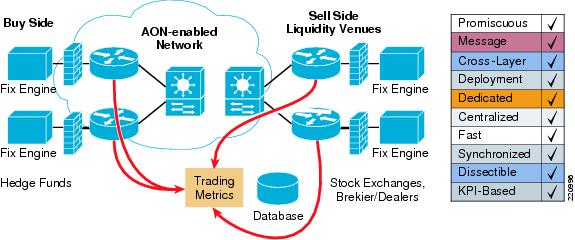When talking about computers, latency is a word used to describe how long after you input a command that the results of that command are displayed on the screen. In technical terms, it’s the measured delay involved getting a datagram or packet from one hardware location to another and so obviously, the lower the latency, the better performing the device or network is.
There are a number of factors that can cause delays or high latency times, and they relate to how well all of the working parts of the network are performing. Similar in nature to things that can cause traffic congestion on roads and highways, computer networks can be held up by bottlenecks, inefficient routing and processing speeds.
So fundamentally, the lower the latency, the quicker the network and the better it is performing.
A Need For Speed

There are some industries that can allow for the kind of delays that a high latency network provides, but there are some that can’t, like the banking and financial sectors. For instance, one company that perhaps deals in selling shoes won’t be adversely affected by a slow computer network that experiences a delay in sending a sales report to another branch.
However, financial institutions and traders rely on super accurate, up to the second data to be profitable. Money markets go and down and decisions concerning billions of dollars are made every day, and they need to be based on real-time information, not information that’s even just a few seconds old. Stock exchanges and global investment banks seek to operate a ‘Zero Latency’ network, meaning there’s virtually no delays at all.
It's Impact On Trading
According to international trading firm FXCM, the impact of high latency on stock traders who regularly use financial networks can be considerable http://bit.ly/2JOkf3w. When a decision is made to purchase or sell stock, there is a significant reliance on a fast computer network to access current market information, place an order and then have that order carried out. In today’s world of high-frequency, algorithmic trading, a delay of just mere microseconds can cost an individual or company millions of dollars.
Important for the Future

The importance of maintaining low levels of latency is as vital now as it ever has been and the financial world is demanding ever more reliable, ‘light speed’ networks on which to base its operations. In fact, according to online telecoms news site Telecomnewsroom.com, big business is investing vast sums of money into creating a trading infrastructure for the future http://bit.ly/2JR6uRK.
It is that important!
To answer the initial question in the title, latency is extremely important to financial networks because in trading and banking old data is useless data. Even the smallest delay, or inaccuracy of data due to a delay, can lead to incorrect decisions or transactions being made on behalf of the investor. This could mean the difference between gaining or losing large sums of money, which is critical to the success of all parties involved.
Since 2001, M2 Optics has been an established manufacturer and innovator of professional optical fiber platforms for fiber network simulation, latency / optical time delay, training, and demonstration applications. Our customer base includes many of the world's most recognized communications service providers, equipment manufacturers, data centers, web service providers, financial institutions, research institutions, and government agencies.







